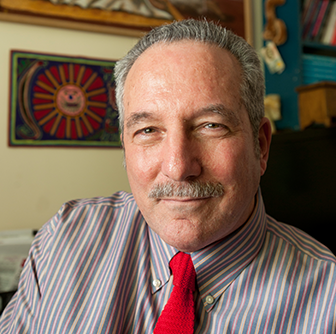112 Paterson Street, 5rd floor
848-932-5887
The Greater New Brunswick Community Health Collaborative promotes best practices in community and stakeholder-engaged research and team science approaches to improve community health and health systems and build health equity. The persistence of health disparities is rooted in multiple social, economic and environmental conditions, many of which exist outside of the health care system and limit opportunities of individuals to make healthy choices. It is widely recognized that engagement of patients, communities, and providers with health researchers is needed to identify and disseminate more effective solutions to persistent health disparities among diverse populations. With an initial planning grant from the Robert Wood Johnson Foundation in April 2014, the Collaborative has undertaken several linked initiatives aimed at creating substantive improvements in health and well-being in the surrounding diverse communities in the greater New Brunswick area. Through these initiatives, participants are building a learning community that increases our knowledge of the contribution of engagement and team science approaches to reducing health disparities and sustaining these reductions into the future:
The Co-Learning Program
prepares and supports researchers and stakeholders to work together as full partners in research by providing trainings, workshops, and other technical resources. In 2015 the Collaborative sponsored the first research symposium on community engagement to advance health that highlighted exemplary local academic-community health research partnerships, and in 2016 sponsored its first workshop for researchers and community partners on concept mapping as a tool to engage diverse stakeholders in co-planning interventions to reduce health disparities. These events were at capacity, attracting over 175 researchers and community partners. Future events will address patient engagement in health improvement studies, trust-building between researchers and minority groups, and a second research symposium to share findings from stakeholder-engaged research.
The Community Health Research Partners Network (CHRP-Net)
is a free, open-access, web-based team communication software that connects Rutgers health researchers, community-based organizations, providers, and other stakeholders with each other for developing and implementing collaborative health improvement projects. Team members have access to timely information on relevant funding opportunities, conferences and workshops, technical resources, a network of individual researchers and community partner organizations with shared interests in collaborating on health improvement studies and a platform to manage funded projects.
Collaborative Prototype Projects
- These projects reflect best practices in engagement scholarship for community health improvement and serve as experiential learning opportunities for research faculty, students and community partners. Project PESO - "people engaged to stop obesity" - a community-based, participatory research partnership between a team of Rutgers researchers, community organizations, and immigrant families focused on identifying locally and culturally relevant solutions to maintaining a healthy weight among Mexican immigrant families. Project PESO is currently funded by a grant from the National Institute of Health.


